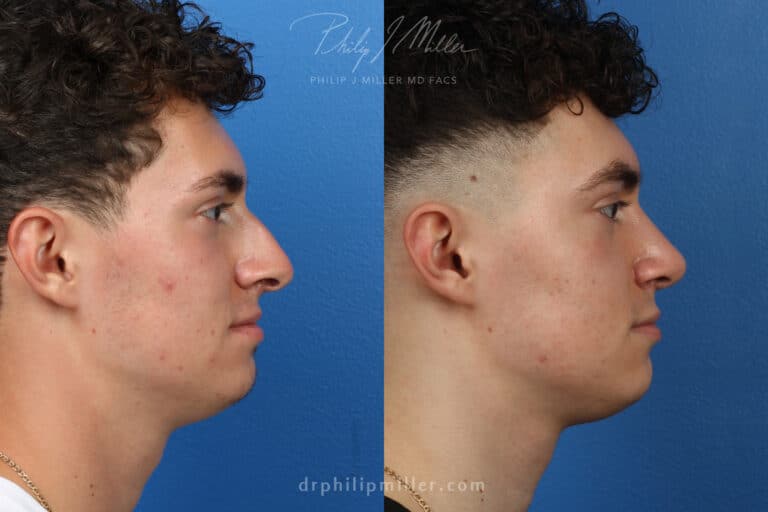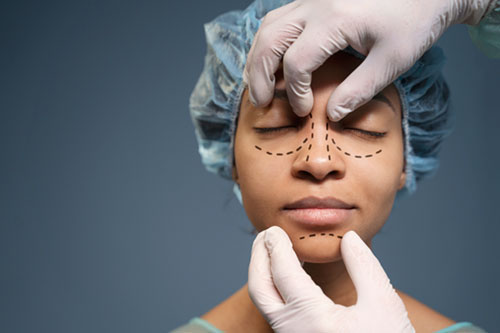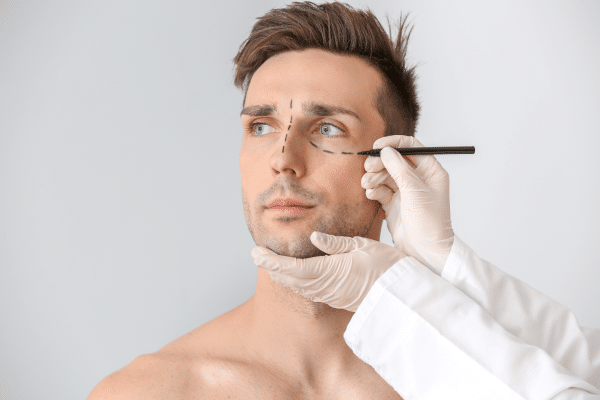Checking Out the Psychological and Social Factors That Drive Individuals to Consider Aesthetic Surgery as a way of Improvement
The choice to seek plastic surgery usually prolongs beyond mere appearances, linking with emotional and social dynamics that merit extensive evaluation. Variables such as self-esteem, pervasive societal beauty criteria, and the pervasive influence of social media assemble to shape private inspirations for surgical enhancement. As these influences come to be increasingly famous, recognizing the underlying emotional and social contexts is necessary. What continues to be to be explored is the profound effect these aspects have not only on individual identification however also on wider social norms and values bordering beauty and approval.
The Function of Self-confidence
Self-worth substantially influences a person's choice to pursue plastic surgery. People with low self-confidence commonly view themselves in an unfavorable light, resulting in feelings of insufficiency regarding their physical look. This negative self-perception can drive them to look for surgical interventions as an approach of improving their self-image. The wish for improvement in one's appearance is often connected to a belief that such changes will elevate their general self-respect and self-confidence.

Ultimately, the function of self-confidence in the decision-making procedure pertaining to cosmetic surgery highlights the complicated interaction between body picture, personal contentment, and psychological health. Recognizing this connection is critical for medical care professionals to make sure that individuals are making notified choices rooted in practical assumptions and psychological well-being.
Societal Elegance Specifications
Influenced by pervasive media representations and social narratives, social appeal requirements play a critical duty in forming people' understandings of their own bodies. These standards are frequently characterized by an idyllic form of charm that highlights qualities such as slimness, youthfulness, and balance. As these suitables are bolstered through various channels, including tv, marketing, and movie, individuals frequently internalize these messages, leading to discontentment with their all-natural appearance.
The effects of these societal standards extend past aesthetic choices; they can affect self-confidence, psychological health and wellness, and interpersonal relationships. Individuals that view themselves as dropping brief of these standards might experience sensations of inadequacy, triggering a wish for cosmetic surgical treatment as a way of accomplishing social authorization. This pursuit is typically sustained by the idea that complying with these ideals will improve not just physical appearance however also social standing and personal fulfillment.

Influence of Social Media
The influence of social beauty requirements is additional intensified by the surge of social networks platforms, where curated photos and idealized depictions of charm are common. read more Customers are continuously revealed to filtered and modified photographs, which commonly portray unattainable physical attributes. This direct exposure grows a society of contrast, leading people to evaluate their own appearance against these often impractical benchmarks.
Social network influencers and celebs regularly promote cosmetic treatments, normalizing the concept that medical improvements are a viable means for attaining social ideals (plastic surgery rancho cucamonga). The exposure of link these enhancements can produce an assumption that undertaking plastic surgery is a typical practice, thereby affecting people to consider similar treatments as a pathway to enhanced self-worth and social approval
Additionally, the interactive nature of social media sites enables immediate responses via sort and remarks, even more enhancing the need to adapt to prominent beauty criteria. Such communications can exacerbate sensations of inadequacy and drive people towards plastic surgery as a method of getting validation. Eventually, social media plays an essential duty in forming understandings of elegance, which dramatically affects the decision-making processes bordering plastic surgery.

Cultural Perspectives on Look
Throughout different societies, perceptions of look are deeply rooted in historical, social, and economic contexts, forming individuals' views on charm and charm. In several societies, look works as a significant pen of identification, influencing social condition, expert opportunities, and individual partnerships. For instance, in some societies, light skin is frequently associated with wealth and opportunity, while others might glorify darker skin tones as icons of toughness and credibility.
Furthermore, standard charm standards are often bolstered via social narratives, media depictions, and family influences, causing differing suitables across various areas (plastic surgery rancho cucamonga). In Western cultures, the emphasis on young people and physical fitness commonly drives individuals toward cosmetic improvement, while in particular Eastern societies, even more subtle changes aligned with standard aesthetic appeals may be favored
Globalization and the spreading of electronic media have even more made complex these characteristics, producing a hybridization of charm suitables that goes beyond geographical borders. As individuals progressively browse these cultural narratives, the stress to adapt specific appearance criteria can cause the desire for plastic surgery, reflecting an intricate interplay of social worths and personal ambitions. Understanding these cultural viewpoints is crucial in dealing with the original site inspirations behind plastic surgery considerations.
Emotional Effects of Plastic Surgery
Numerous individuals seeking cosmetic surgical procedure report experiencing profound emotional impacts that can dramatically change their self-perception and emotional well-being - plastic surgery rancho cucamonga. The need for physical improvement typically stems from underlying concerns such as reduced self-esteem, body dysmorphic disorder, or social pressures relating to elegance requirements. For some, the immediate post-operative stage can lead to a short-lived boost in confidence and complete satisfaction with their appearance, fostering a feeling of empowerment
Nevertheless, these positive feelings may not be enduring. Research shows that while some individuals experience improved self-worth, others may deal with elevated anxiousness or depression if their expectations are not met. This discrepancy can arise from unrealistic ideals bolstered by media representation and cultural narratives bordering beauty.
Additionally, the emotional implications of plastic surgery prolong beyond the individual. Relationships with friends and family might be strained as social dynamics shift, leading to feelings of isolation or alienation. Inevitably, the psychological impacts of plastic surgery are multifaceted and complicated, requiring cautious factor to consider by both possible patients and health care providers to make certain informed decision-making and practical expectations.
Conclusion
To conclude, the choice to seek cosmetic surgical treatment is substantially influenced by a mix of self-confidence problems, societal beauty criteria, and social perspectives on appearance. The pervasive reach of social networks further worsens these stress, promoting unrealistic suitables that people commonly strive to obtain. Understanding these mental and social variables is essential for dealing with the motivations behind cosmetic surgical procedure, highlighting the need for a more nuanced conversation bordering beauty and self-acceptance in modern culture.
The choice to seek cosmetic surgical treatment frequently prolongs beyond simple appearances, intertwining with psychological and social characteristics that merit complete examination. Eventually, social media plays a crucial role in forming perceptions of appeal, which significantly affects the decision-making processes bordering cosmetic surgical procedure.
As individuals progressively browse these cultural stories, the stress to adhere to specific look standards can lead to the wish for cosmetic surgery, showing a complicated interplay of individual goals and social worths.In verdict, the choice to seek cosmetic surgery is considerably influenced by a combination of self-confidence issues, social charm criteria, and cultural viewpoints on appearance. Recognizing these social and psychological aspects is crucial for resolving the inspirations behind cosmetic surgical treatment, highlighting the need for a much more nuanced conversation bordering charm and self-acceptance in contemporary culture.